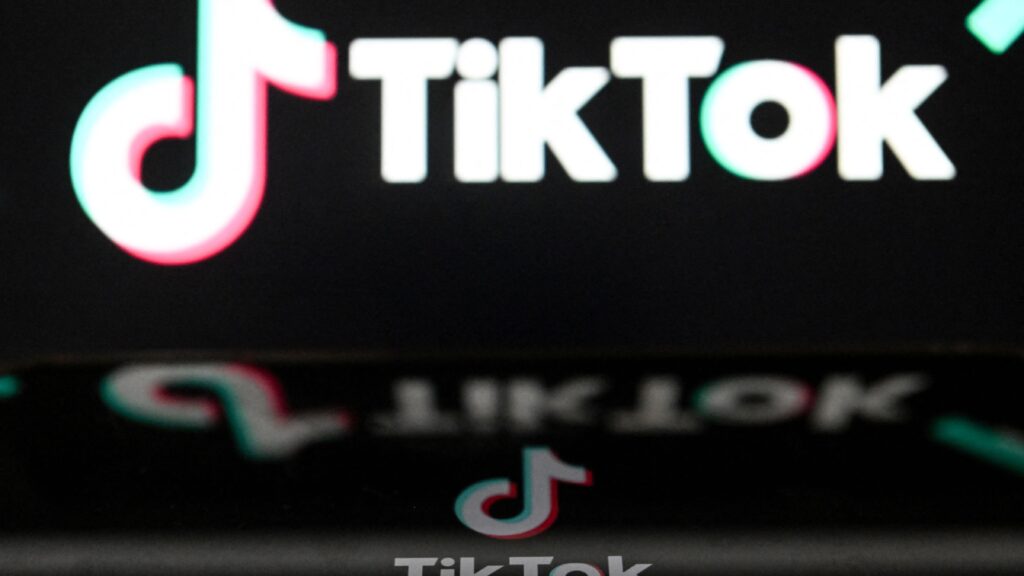As the demand for GLP-1 based drugs grows, content about the new class of weight loss drugs on TikTok has fueled the flames of its popularity. Now, the social media platform has taken action against many of the users who post frequently about the medications.
Dozens of accounts were suspended from TikTok in early July, many belonging to content creators who talk about their weight loss and monetize the platform via partnerships with telehealth companies that prescribe GLP-1s and other weight loss drugs.
“We remove content and ban accounts that promote disordered eating or dangerous weight loss behaviors and do not permit ads for weight loss drugs or supplements,” TikTok spokesperson Jessica Allen told STAT in an email. A review of the affected accounts is ongoing, but the company believes the majority were correctly banned.
“My hunch is TikTok may be worried about this potential avalanche of concern coming from both irresponsible prescribing that may be happening, as well as compounded drugs that we know should not be in the market to begin with,” said Brooke Boyarsky Pratt, founder and CEO of obesity care company knownwell. “And a lot of ways that a lot of these companies get attention is through social media marketing.”
“It’s unclear whether this was a deliberate action by TikTok or a result of a safety algorithm malfunction,” wrote Michael Albert, an obesity specialist and co-founder of Accomplish Health, in an email to STAT. His is one of a few banned accounts that are run by physicians and founders of virtual weight management companies that prescribe GLP-1s.
TikTok’s community guidelines don’t include any specific restrictions on content that discusses FDA-regulated medications like GLP-1s. But they do prohibit “showing or promoting disordered eating or any dangerous weight loss behaviors,” which may include “compulsive exercise, and using potentially harmful medication or supplements.” Its advertising policies also prohibit “ads promoting weight loss/management fasting products or services,” a category that includes sponsored content.
One GLP-1 drug, Novo Nordisk’s Wegovy, has been approved for chronic weight management for people with obesity or overweight with at least one weight-related condition; other medications on the market are indicated for diabetes, but have shown to be safe and effective for weight loss in clinical trials. Since Wegovy was approved in 2021, demand for the drugs has grown significantly — both from patients with obesity and people who don’t medically qualify but want to lose weight.
Owners of the accounts expressed frustration over the ban in posts to secondary accounts, pointing out the importance of reducing stigma about obesity treatment on the platform. “A lot of patients that are using these medications, they were sharing their stories, and I think for them this was a big part of their community,” said physician Myra Ahmad, co-founder and CEO of digital obesity company Mochi Health. Two of its accounts, @myrajoinmochi and @joinmochi, were suspended.
“Because of the popularity of these medications and then the ability to get these stories out so readily in ways that you can really grab their attention, it’s not only promoted the drugs, but it’s promoted the idea that obesity is a disease state that can be treated,” said Boyarsky Pratt, whose company has chosen not to be on TikTok.
But it’s not just about normalizing obesity treatment — content creators can also earn money by posting sponsored content and affiliate marketing deals for a variety of weight loss products and companies. “For some of the larger accounts, this has actually now become one of their primary income streams,” said Ahmad, who says her account was primarily used to talk about research on GLP-1s.
Many of the banned account owners are now posting content about companies that prescribe GLP-1s, as well as referral links for affiliate marketing programs, on their backup accounts.
“On this episode of ‘You can’t get this for $25 anymore, or can’t find the other stuff,’ I want to talk to you about this place,” said one user in a Tuesday video on a backup account, holding up a pamphlet for a telehealth company. The poster avoided saying the name of the company or the drug pictured in the video, Mounjaro, which is approved for the treatment of type 2 diabetes. On June 30, a coupon from manufacturer Eli Lilly for the tirzepatide injection expired. The post was not labeled as sponsored content, but the user’s account did include an affiliate marketing link to the company.
“It’s a very nascent industry, and people are cashing in,” said Daniel Rosen, a bariatric surgeon whose account was suspended. “So people apparently are losing a lot of money because they had accounts that were generating $3,000 a month in TikTok revenue, and they’re just gone.”
If TikTok’s goal was to address the promotion of dangerous weight loss behavior, some of the impacted account owners are confused by the strategy. “The rationale given by TikTok was that we were promoting disordered eating and unhealthy body image,” said Rosen, but he maintains that his content is educational and informative. At least one suspended physician account that has discussed GLP-1s, including ways to navigate insurance coverage and drug shortages, has already been restored.
“Other accounts that are literally pouring imported drugs on the table and saying, ‘Here’s my PayPal, send me addresses,’ were not banned,” said Ahmad. “It’s very unclear what they’re trying to do.”


